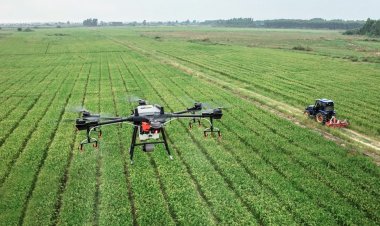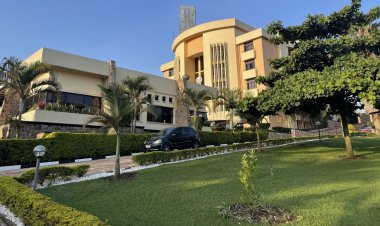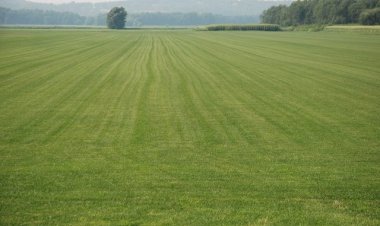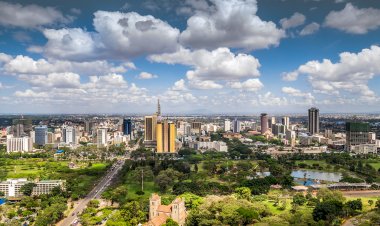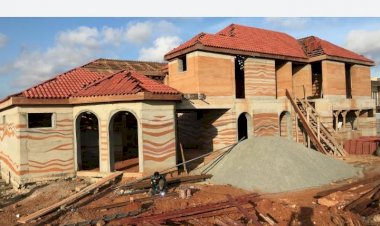Real Estate Development and Land Grabbing
Land grabbing in most African countries has become a matter of national security as landowners are having a hard time protecting their property. According to experts, the only way to avert such risks is for owners to possess legal documents proving ownership.
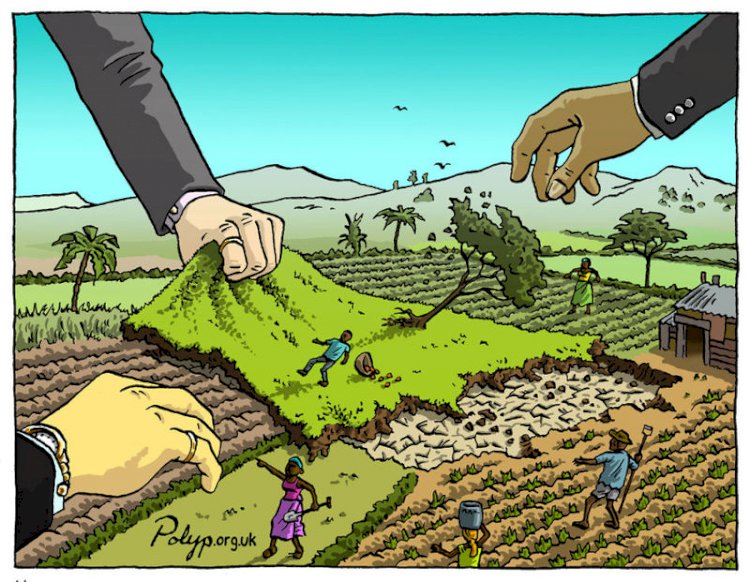
Land grabbing is increasingly becoming a national security threat in most African countries. With a challenge by landowners t protecting their lands, experts have advised that the way to guard their lands is by ensuring that they have all the necessary documents.
Land grabbing, therefore, is instances where individuals, corporations or the government acquires large land tracts of land either by leasing, buying, allocation, or purchase for reasons of private use, bio-fuel production, agricultural production, or large infrastructural projects. it can also be defined as the buying and leasing of large tracts of land by the wealthier but food insecure nations or private investors from the poor / developing countries for export agricultural production.
It is characterized by the massive displacement of people without proper compensation as well as displacement of livelihoods. Often times, the forcible takeover of land involves either of the following factors;
- Violation of human rights during acquisition.
- Lack of prior information or consultation with those being affected.
- Lack of transparency and meaningful participation of the parties
Individuals may grab lands meant for cemeteries, playing grounds, forests, or school grounds. They majorly grab land meant for community benefits or public utility. The less fortunate in society, for example, the poor and widows also find themselves on the receiving end. These activities are facilitated by striking illegal deals with land officials as well as the judiciary officials.
The government on the other hand also participates in land grabbing in the following ways among others;
- Acquisition of mining land
When minerals are discovered in a particular place, the government resolves to mine them out. The dwellers of such places have to be evicted either forcefully or with little or no compensation at all. This causes not only the disruption of the way of earning livelihoods but also displacements. The compensation given only considers the value of land and not the economic disruptions to the affected. The minerals are given first priorities and not those being displaced. In Turkana for example, the discovery of oil deposits saw the acquisition of tracts of land by the government for mining.
- Acquisition of land for large infrastructural projects
When the government resolves to establish development projects such as roads, railways, and dams, it acquires land from those who dwell in the targeted areas. Those from whom the land will be acquired, lack the consent, or have very little information about the projects. They are displaced to other places with or without compensation. Their economic activities are altered since they have to relocate to new places.
- Acquisition of land for large scale agricultural projects
The increase in population has made it necessary for the acquisition of land for large scale agriculture by the government. The government takes the land from the citizens and in partnership with private investors establishes the agricultural schemes. The Galana- Kulalu Food Security Project in Kilifi and tana river counties for example covers an area of 1.2 million acres of land. The land was acquired from the Mijikenda and the Pokomo and saw their displacement as well as interruption of their economic as well as social life.
The illegal acquisition of land if facilitated by the following factors;
- Poverty and powerlessness
The land that legally belongs to those in the lower economic and social class, are easily acquired by the wealthy and social elites. The political elites to acquire large tracts of land from the less fortunate due to their command and influence.
- Corruption
Companies as well as individuals make agreements with dishonest policymakers, executive as well as judicial official and promise some kickbacks if they directly benefit from grabbed land for government projects. This makes government officials be so much determined in evicting people from specific areas forgetting the oppression and the misery to be suffered by the evictees.
- Weak land tenure systems
Land tenure systems are the guidelines that dictate who to own which piece of land, how to own it, and for what period of time. When tenure systems do not give vivid ways of land acquisition, the grabbers easily grab the land. In occasions where the tenure systems are not clear the government easily acquires the land for use other than those which directly benefit the community or individuals involved.
- Power and political imbalance
The powerful members of the society or community either politically or economically, have access to higher offices compared to the other members of the society. This, therefore, avails them the opportunity to pervert justice from their counterparts.
In conclusion members of the communities should be involved in making policies as well as participate in public opinions on matters involving land. These will see policies that will prioritize the needs of community members with less impact or no impact on their land ownership systems. This involvement should be indiscriminatory of race, social or economic status of community members. The government should also spearhead the implementation of tenure systems that vividly defines ownership and possession of the land.












